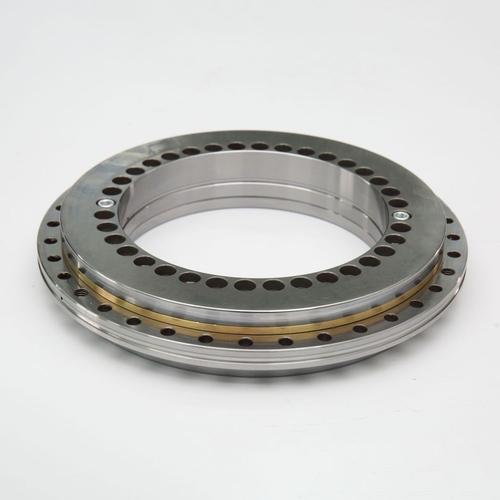Top 5 Factors to Consider When Choosing International Bearings Wholesalers
In today's globalized industrial market, selecting the right international bearings wholesaler is crucial for maintaining efficient machinery operations. These specialized distributors bridge manufacturers with end-users across continents, offering essential components that keep industries running smoothly.
Table of Contents
1. International bearings supplier certification standards2. Top global bearing wholesalers 2023
3. Bulk bearing purchasing strategies
4. Bearings industry market trends
5. Quality control in bearing distribution
1. International bearings supplier certification standards

Certification remains the cornerstone of reliable bearing procurement. Reputable international wholesalers typically hold ISO 9001:2015 quality management certifications and specific industry approvals like ABMA/ANSI standards. The American Bearing Manufacturers Association (ABMA) compliance ensures components meet precise dimensional tolerances and material specifications. European suppliers often carry DIN certifications, while Asian distributors might present JIS approvals. Third-party inspection reports from organizations like SGS or TÜV Rheinland provide additional quality assurance...
2. Top global bearing wholesalers 2023
The global bearing distribution landscape features established players like SKF Global Distribution Network and Schaeffler Industrial Aftermarket. Emerging leaders include BDI Asia-Pacific and NTN-SNR Global Logistics. These wholesalers differentiate through value-added services like predictive maintenance programs and customized inventory management solutions. Regional specialists like Bearing Wholesalers Inc. in North America demonstrate particular strengths in rapid delivery networks...
3. Bulk bearing purchasing strategies
Effective bulk purchasing requires careful analysis of MOQ (Minimum Order Quantity) policies and flexible payment terms. Leading international wholesalers now offer tiered pricing models that scale with order volumes while maintaining quality consistency. Strategic buyers should negotiate framework agreements that include provisions for periodic quality audits and just-in-time delivery schedules...
4. Bearings industry market trends
The global bearings market is projected to reach $223.7 billion by 2028, driven by automation in manufacturing and renewable energy sector growth. Smart bearings with embedded sensors represent the latest innovation, enabling predictive maintenance through IoT integration. Environmental regulations are pushing wholesalers toward eco-friendly packaging and energy-efficient transportation solutions...
5. Quality control in bearing distribution
Advanced quality control measures now include blockchain-enabled tracking systems that document every production and distribution stage. Thermal imaging tests and ultrasonic cleaning verification have become standard procedures at major distribution hubs. Leading wholesalers implement automated sorting systems using AI-powered visual inspection technology to ensure zero-defect deliveries...
Understanding these critical aspects of international bearing wholesale operations empowers buyers to make informed decisions. From certification validations to market trend adaptations, each factor significantly impacts supply chain efficiency. The following comprehensive analysis will deepen your understanding of global distribution networks and cost optimization strategies...
Selecting the optimal international bearings wholesaler requires balancing multiple operational factors. By prioritizing certified quality standards, leveraging market insights, and implementing strategic purchasing approaches, businesses can secure reliable supply chains that drive industrial success in competitive global markets.




 13869596835
13869596835